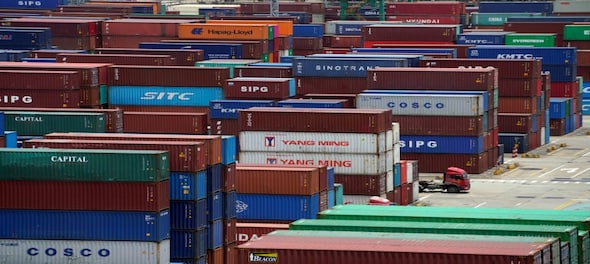
In another indication of a possible economic slowdown across the globe, freight shipping rates continue to decline with a faltering demand for goods, reported S&P Global Market Intelligence. While freight rates have remained elevated since the pandemic struck due to global logistical and supply chain issues, the precipitous decline in freight rates can be attributed to both, the easing availability of containers as well as falling global trade volumes.
One of the key indicators of an economic downturn is slowing global trade. The S&P said in a note that while freight rates for containers and dry bulkers should be peaking in the next quarter, they have already peaked in the second quarter of 2022.
Due to the seasonality of the market, dry bulk freight rates would typically peak in the third quarter; however, according to S&P Global Market Intelligence’s latest dry bulk freight market outlook, the second quarter would likely be the peak of 2022.
With rising consumer inflation across the world, many economists are concerned about a global recession due to decreased consumer spending. The firm’s Freight Rate Forecast models predict that the Baltic Dry Index, an index for measuring the cost of moving goods over sea, may fall by 20-30 percent this year alone. The firm predicts that the Baltic Dry Index will only recover by 2024.
Part of the slowdown has been blamed on the continuing Russian invasion of Ukraine and the continuing lockdowns in China as a result of COVID-19 flare-ups. Inflationary pressures and hawkish policy from central banks may also contribute further to any slowdowns.
“Although we expect some seasonal improvements in the dry bulk market in coming months, volatile path to lower rates is expected in the near term due to slower-than-expected economic growth with continued weakness in mainland China’s real estate sector as well as the absence of high congestion,” said Daejin Lee, lead shipping analyst at S&P Global Market Intelligence.



